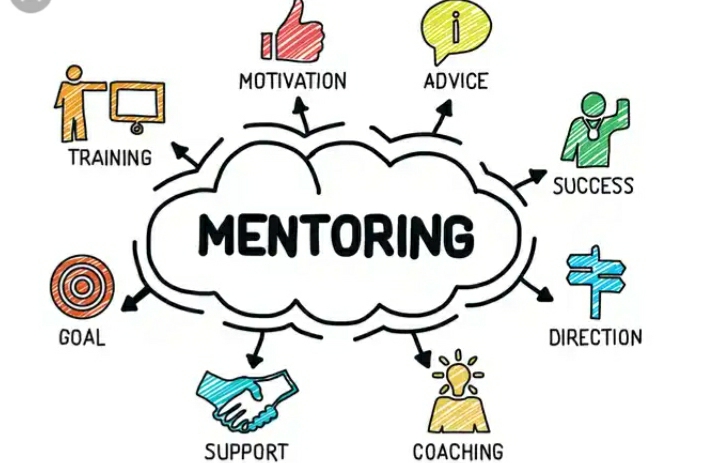How to Be a Great Mentor for Teens: A Step-by-Step Guide
Mentoring a teenager can be a rewarding and challenging experience. You can make a positive difference in a young person’s life by providing guidance, support, and encouragement. However, mentoring a teenager also requires patience, commitment, and flexibility. Here are some steps to help you mentor a teenager effectively.
Step 1: Establish a rapport with your mentee.
The first step to mentoring a teenager is to build a trusting and respectful relationship with them. You can do this by:
– Getting to know your mentee through fun activities that you both enjoy, such as going to the movies, playing games, or visiting museums.
– Keeping your promises and being consistent in your communication and meetings. Show your mentee that you care about them and that you are reliable.
– Giving your mentee some choice and input in your activities and goals. Ask them what they want to learn from you and what they are interested in.
– Avoid being judgmental or critical of your mentee’s choices or behaviours. Instead, be supportive and empathetic, and try to understand their perspective.
Step 2: Communicate effectively with your mentee.
Communication is key to any successful mentoring relationship. You can communicate effectively with your mentee by:
– Listening actively and attentively to what they have to say. Show interest and curiosity, and ask open-ended questions to encourage them to share more.
– Being honest and respectful in your feedback and advice. Don’t sugarcoat or lie to your mentee, but also don’t be harsh or rude. Use constructive criticism and praise to help them improve and grow.
– Sharing your own experiences and stories with your mentee. This can help them relate to you and learn from your mistakes and successes. However, don’t make the conversation all about you or try to impose your views on them.
– Respect your mentee’s privacy and confidentiality. Don’t share their personal information or secrets with anyone else without their permission, unless there is a serious safety concern.
Step 3: Help your mentee set and achieve their goals.
One of the main purposes of mentoring is to help your mentee develop their skills, talents, and potential. You can do this by:
– Helping your mentee identify their long-term career goals and interests. Ask them what they want to be or do in the future, and what they are passionate about.
– Breaking down their long-term goals into smaller, specific, measurable, achievable, relevant, and time-bound (SMART) objectives. For example, if your mentee wants to be a journalist, one of their objectives could be to write an article for the school newspaper by the end of the semester.
– Providing resources and opportunities for your mentee to pursue their objectives. For example, you could introduce them to someone who works in their desired field, enrol them in an academic program or camp related to their interests, or help them find volunteer or internship opportunities.
– Monitoring their progress and celebrating their achievements. Check-in regularly with your mentee on how they are doing with their objectives, and provide feedback and encouragement along the way. Celebrate their successes and milestones, no matter how big or small.
Step 4: Be there for your mentee when they need you.
Mentoring a teenager is not only about helping them with their goals but also about being a friend and a role model for them. You can do this by:
– Being supportive and understanding of their challenges and struggles. Teenagers face many issues such as peer pressure, bullying, family problems, academic stress, etc. Be there for your mentee when they need someone to talk to or vent to and offer them comfort and advice if they ask for it.
– Being optimistic about their future. Teenagers often have doubts and fears about themselves and their abilities. Help your mentee overcome their negative thoughts and beliefs by reminding them of their strengths and potential. Encourage them to see challenges as opportunities for learning and growth.
– Being respectful and inclusive of their diversity and identity. Teenagers are exploring their identities and discovering who they are as individuals. Respect your mentee’s culture, religion, ethnicity, gender, sexuality, etc., and don’t try to change them or make assumptions about them based on stereotypes. Learn from their differences and celebrate their uniqueness.
– Being a good example for your mentee. Teenagers look up to their mentors and learn from their actions and behaviours. Be a good role model for your mentee by demonstrating the values and qualities that you want them to develop, such as honesty, integrity, responsibility, kindness, etc.
Mentoring a teenager can be a fulfilling and meaningful experience for both you and your mentee. By following these steps, you can help your mentee grow into a confident, successful, and happy young adult.



